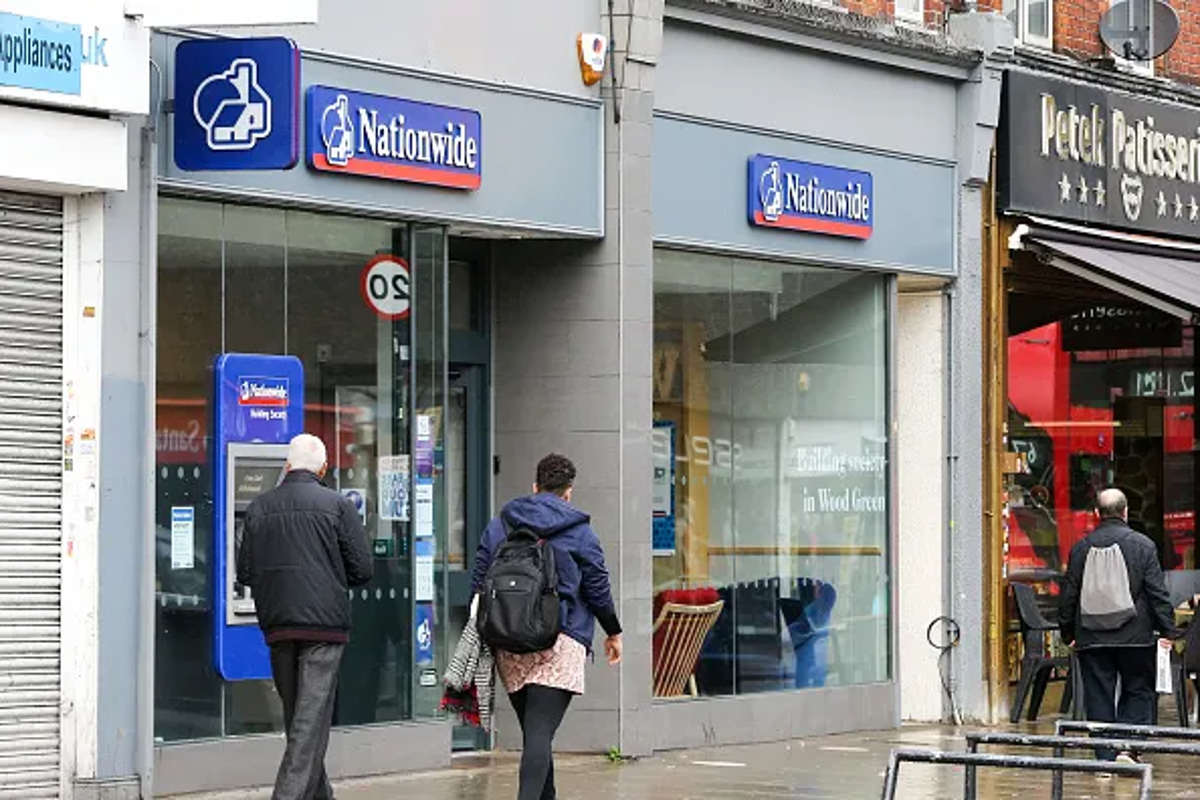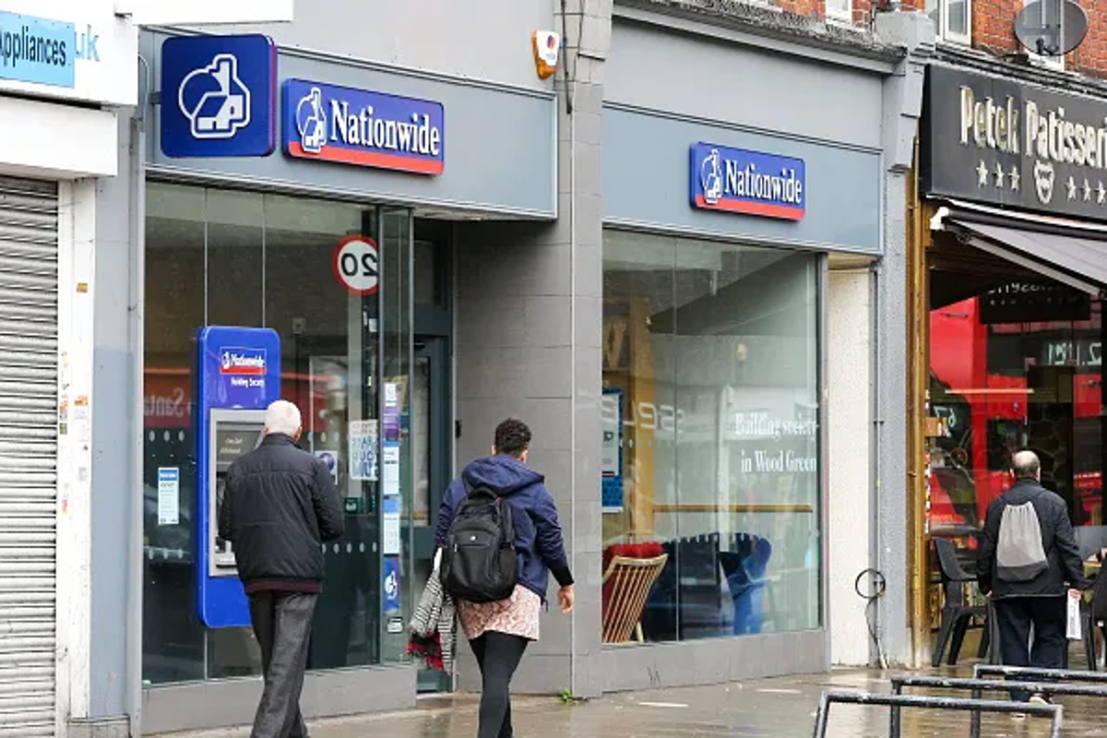Nationwide called out over ‘sneaky’ tactics in £2.9bn Virgin Money deal
A senior figure in the House of Lords has accused Nationwide of using "sneaky" tactics in its £2.9bn bid to buy Virgin Money.


Baroness Sharon Bowles, a prominent figure on the London Stock Exchange’s board and a member of the House of Lords, has accused Nationwide of using “sneaky” tactics in its £2.9bn bid to buy Virgin Money.
British bank Nationwide has sparked controversy due to its refusal to grant its 16m members a voice in the deal, which would create the second-largest savings and loans provider in Britain.
Nationwide has cited provisions within the Building Societies Act but critics have argued that the bank is exploiting a technicality in the legislation to stifle the democratic process of members voting on the deal.
A clause in the Building Societies Act mandates a member ballot if interest from residential mortgages is less than half of the acquiring lender’s total income.
Virgin Money’s earnings from home loans last fiscal year amounted to £1.5bn, falling short of the 50 per cent threshold, according to campaigners, who argue that a vote is imperative.
However, Nationwide claims that the 50 per cent benchmark is met when factoring in income generated from financial contracts known as swaps.
“It does seem that Nationwide is being somewhat sneaky by including swap income,” Baroness Bowles told This is Money.
In response to mounting criticism, a spokesperson for Nationwide dismissed the allegations, labelling them as “wrong, misleading, and ill-informed.”
“Any serious and accurate assessment of the test set out in the Act must take into account all relevant income, including from liquidity and hedging associated with mortgage activity,” they added.
In March, Nationwide struck a preliminary agreement to acquire Virgin Money, Britain’s sixth-biggest high street bank, valuing the latter at around £2.9bn.
Virgin Money was previously sold to the owner of Clydesdale and Yorkshire banks for £1.7bn in 2018.



